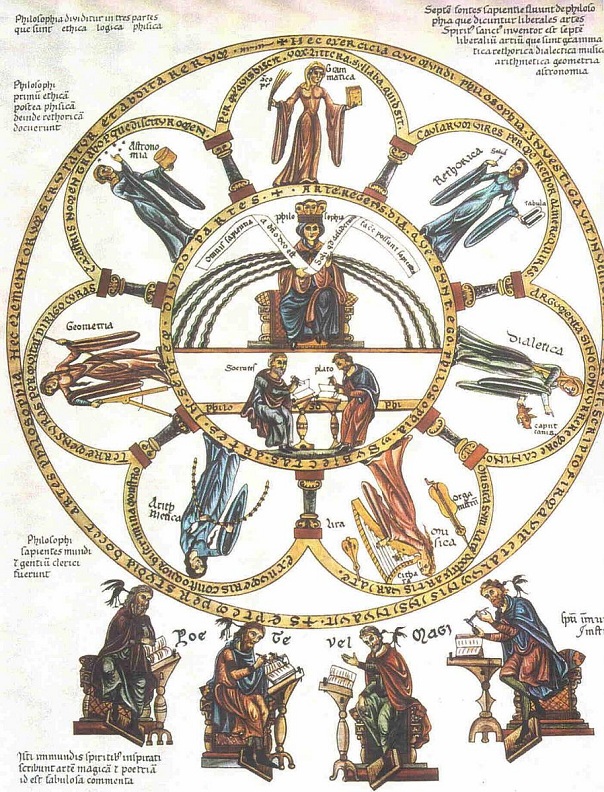WikiLeaks (and a kiss stolen in the 13th century)
Wednesday, October 19th, 2011[ by Charles Cameron — Assange, WikiLeaks, Google Ngrams, impact assessment — and a digression ]
.
Charles, duc d’Orleans
1.
Let’s start with Julian Assange; we’ll get to Charles d’Orleans later.
In the movie Julian Assange: a Modern Day Hero? Assange claims for WikiLeaks‘ massive Afghan / ISAF leak
It’s the most detailed history of any war that has been made, ever. It’s significant.
I don’t think there’s much doubt that WikiLeaks has had some impact in many areas of our complex world — but as I was watching the film the other day, I found myself wondering just how small its cumulative impact is, in comparison to that immense complexity.
2.
Assange makes various claims for WikiLeaks in the movie, but perhaps the most instructive one comes at the tail end of his statement describing the WL project as a whole:
WikiLeaks is a project of Sunshine Press; Sunshine Press is a collaboration between journalists, technical people, cyberpunks, some anti-corruption people, and some fairly famous civil rights activists, to try and get as many documents as possible out onto the internet that have never been released before that will produce positive political reform.
Let’s take Assange’s expressed hope that WL will “produce positive political reform” as the benchmark here.
Has it done that? Are there any signs that it will? What positive political reform, precisely?
Have, for instance, the Afghan WikiLeaks influenced the outcome of the war in Afghanistan?
3.
Or – to put the same question slightly differently – is or was WikiLeaks all a bit of a nine-days-wonder?
Google’s Ngram Viewer allows users to search for the frequency of uses of specific terms across a large volume of books over a specific time frame. It cannot have escaped the attention of folks at Google (or no such agency) that an Ngram-style timeline of mentions of names and terms of one sort or another in news articles from the leading news sources would be of similar interest.
A promo page on the movie notes that “WikiLeaks and Assange have been one of THE news stories of 2010” and suggests “There is a new WikiLeaks story in the media every week and the next wave involves the big banks in 2011” – not to mention “Julian Assange will remain in the news all year as his controversial sex crime charges come to a head later in 2011” – no doubt a popular selling point…
Is there a new WikiLeaks story in the media every week? I’m wondering what a Ngram of news mentions of WikiLeaks across the last two or three years would show.
4.
What’s a “nine days wonder”?
I had to use Google myself to verify that “a nine days wonder” (as opposed to “a seven days wonder”) was the phrase I should be using.
I was delighted to find that an old hero of mine – the poet Charles d’Orleans – was among the first to use it:
For this a wondir last but dayes nyne, An oold proverbe is seid.
I have always liked d’Orleans since I first ran across his poetic “confession” to God and his priest:
My ghostly father! I me confess,
First to God, and then to you,
That at a window, wot you how,
I stole a kiss of great sweetness!
To steal is sinful, to be sure, and kisses carry their own moral burden – but confession and penitence purifies the soul.
The thing is, reparation must also be made — and so it is that d’Orleans continues by vowing to God:
But I restore it shall, doubtless…
— the stolen kiss, that is.
He’s willing to give it back — always assuming that particular “window of opportunity” is still open…
5.
But I digress. Which raises the question: is there a purpose to digression, do you suppose?






